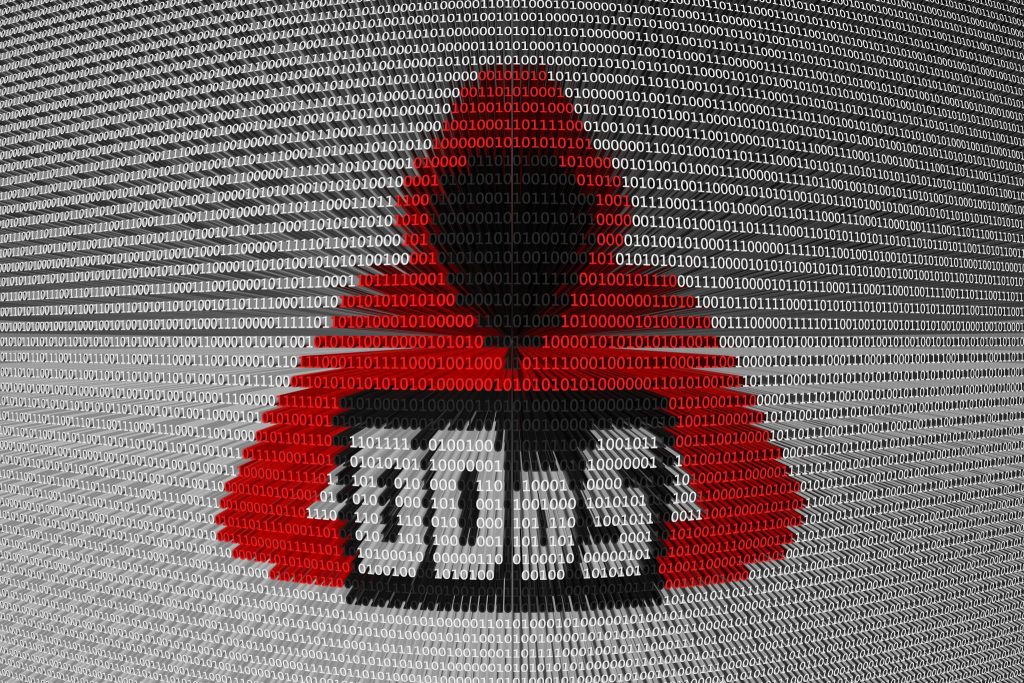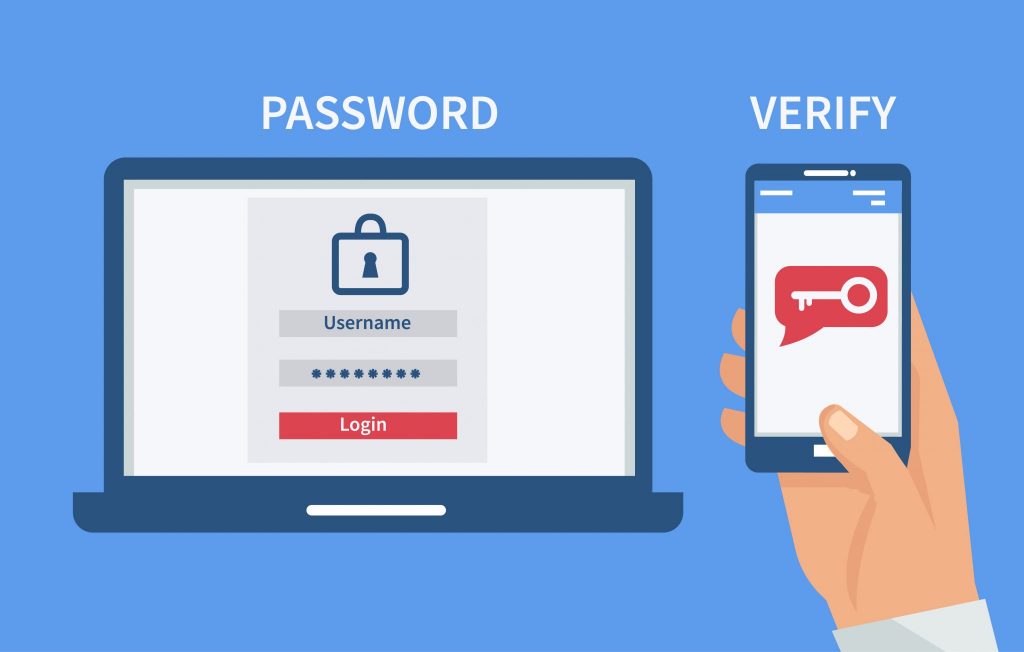Cybersecurity is a never-ending threat to the world of IT. Cyberattacks are on the rise and every year we witness numerous assaults on companies both large and small that result in huge data and capital losses. Sensitive data is always at a stake when stored in a digital medium. The IT world has now come to a point that cyberattacks are inevitable. How can we fight back? Many InfoSec experts, analysts, and companies believe that revolutionary technologies provided by blockchain cybersecurity can be weaponized to deal with the increasing cyberthreats.
Although blockchain was first devised to power the cryptocurrency bitcoin, the technology is now widely used and adapted for an array of purposes by many companies. There are several advantages and applications of blockchain technology. While the technology can completely disrupt the way things work in financial institutions, it still has the potential to serve several other fields. Due to the working mechanism of blockchain and the technologies underneath it, it can help improve the cybersecurity of any business by ensuring data security and integrity.
Here are some of the possible reasons blockchain technology can boost cybersecurity.
Decentralized nature of blockchain cybersecurity
Blockchain works on the principle of decentralized data storage. Data is not stored at any centralized location in the blockchain. The entire data is distributed across different nodes in the blockchain’s network. Blockchain resides on shared hosting across the network to improve collaborative data hosting. This allows the entire system to stay current when any part of the blockchain is updated. This way, the entire blockchain network serves as a transparent medium of data storage and transactional system in which even the tiniest operation can be monitored and verified by everyone in the network.
Moreover, due to its decentralized nature, blockchain makes it difficult for any cybercriminal to take down the network or steal data. Every transaction is verified and cross-checked by other nodes in the network. Therefore, even if someone manages to tamper with the data stored in blockchain nodes, the entire network of nodes needs to be tampered to avoid being caught. This makes the system far more secure from data breaches than regular networks.
Traceability
Traceability serves as a major source of cyber-risk analysis and can help companies devise risk models to avoid cyberattacks. Blockchain provides a convenient and easy way to have clear and tamper-proof traceability as all the transactions in a blockchain be it public or private have to be digitally signed. All the transactions also come with a timestamp, which enables companies to easily find and trace any transaction.
The decentralized nature of blockchain also enables organizations with easy auditing and analysis of the risks and cyberattacks on the entire system. Any data tampered in a blockchain network can be easily traced back and the system can be revoked from the previous timestamp to find and remove the corrupted data or transaction in the network.
Secured private messaging
A lot of companies use electronic messaging services to transmit highly sensitive information. However, there are several instances where the secure messaging system is breached. Industry experts and security analysts believe that implementing blockchain technology for securing both public and private messaging can provide a reliable means of electronic messaging. Blockchain technology by its principles and techniques is tamper-proof and this can be used to build secure public and private messaging systems that can be made impenetrable if used and configured properly.
Preventing DDoS
Distributed denial of services (DDoS) is a type of cyberattack in which several systems are affected by malware and are takes down by overwhelming an online platform with overflowing traffic. DDoS attacks are growing in number and are growing in terms of severity. DDoS attacks have evolved over time and now can control devices running on the Internet of Things.
DDoS attacks are possible as most of the domain name space (DNS) systems are centralized. Attackers can target this central system to take down an entire service or network of services. Blockchain, on the other hand, relies on decentralized architecture. This means that with blockchain implementation, DNS will no longer need to be a centralized system, making it impossible for attackers to succeed. Implementation of blockchain cannot just prevent systems from DDoS attacks, it can also ensure the data being transmitted remains invulnerable to hackers.

A few companies have already started implementing blockchain technology to decentralize the DNS systems to avoid DDoS attacks. Blockchain can provide a means of decentralizing the current Internet landscape, which could revamp the existing IT scenario.
Secure authentication
In the current scenario, the authentication process involves human interference. This not only increases the capital and cost of authentication systems but also serves as a means of a cyberattack. In a blockchain system, every transaction and every operation is accomplished using nodes and every node in the system comes with its own unique identifier and security. Each node can be configured to have a password or an encryption mechanism, which allows the companies to securely automate the authentication process.

Blockchain relies on SSL certificates for the authentication process. By using SSL certificates, blockchain provides an easy means to authenticate users, transactions, and operations. This not just saves cost but also saves a lot of human effort in the process of authentication while keeping the system safe and secure.
Blockchain cybersecurity: Ride the wave
Blockchain is powerful, and blockchain cybersecurity is revolutionary. It is built on principles that make it tamper-proof and resilient to cyberattacks and data breaches. Although the technology is in use for the last half-decade, we are yet to achieve the true potential of this revolutionary technology. If implemented and configured properly, blockchain can bring IT security to the next level.
Images: Shutterstock




Sounds like a logical next step to protecting data. However, I’m sure there are pitfalls somewhere along the way or I would think this would have been done long ago.